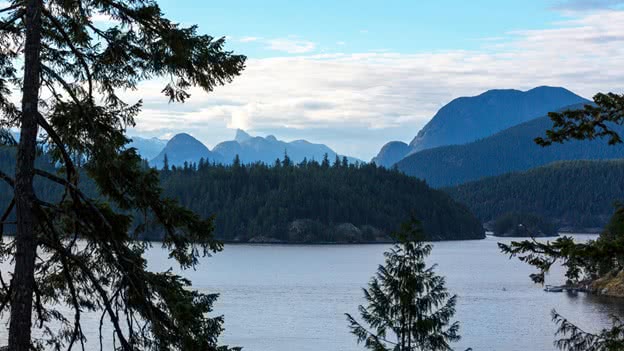Getting to know the people behind the operation is a great pleasure for us at WCMRC, and this month we sat down with Harry Alfred, a vessel captain from ’Namgis First Nation, to discuss working for WCMRC.
Harry speaks about how working as a contractor Vessel Captain for WCMRC is enriching, challenging, and vital for the continued positive relationship with WCMRC and First Nations communities, resulting in better protection of the beautiful BC coastlines.
WCMRC’s First Nation’s Opportunities
WCMRC’s First Nation’s community involvement is very in-depth and includes spill response training. One of the benefits of training together with First Nations and other partners is we can capitalize on each other’s knowledge and skills. Our marine opportunities range from Deckhand, Vessel Captain, to Marine Engineer and all roles work on the ocean to facilitate WCMRC’s coastal response plan, keeping BC’s coastal waters safe and spill-free.
Harry is from ’Namgis First Nation and is one of WCMRC’s main Vessel of Opportunity contractors for North Vancouver Island. He started working with the organisation in 2007. “I like the challenges and you never know what to expect when you get on-site,” Harry explained, speaking of the joys of being out on the ocean, meeting new people who share the same values, and continuing to protect the coastline he treasures so much.
Training at WCMRC is often hands-on. A new hire can expect to learn the skills necessary to be an emergency spill responder right away. “WCMRC has the best training in spill response and safety is always at the top, ” said Harry. WCMRC training spans learning both in a classroom setting and on the water which ensures there is a state of preparedness in place when a marine spill occurs, mitigating the impact on BC’s coast. Our Community Commitment
Our Community Commitment
“The work we do with WCMRC is very important to our community and surrounding communities,” explained Harry. “First Nations have a saying ‘when the tide is out the table is set'” he continued, noting how First Nations communities rely on the ocean for more than just their food source. “It is a part of who we are and how we are connected,” Harry concluded.
WCMRC must work closely with First Nations communities to identify and protect sensitives along the West Coast and find viable Geographic Response Strategies (GRS). By cultivating positive relationships with First Nations communities and offering plenty of First Nation’s opportunities within the organization, we are able to work better together prior to and in the event of a spill.
All Hands on Deck
Identifying remote Geographic Response Strategies (GRS) can be challenging and requires all hands on deck given certain region’s inclement weather, remoteness, and strong tidal currents. Our new Coastal Response Packages also require local hands to deploy them, making the work we do to train up individuals within the areas we are protecting invaluable.
The strong training is designed so that our responders have everything they need to respond to a spill in the shortest amount of time and saving our coastlines in the process. This doesn’t come without its challenges.
“You have to be positive,” said Harry of the importance of a strong working relationship when responding to a spill. “The workday can be long hours, heavy lifting, bad weather, or bad sea conditions”. For Harry, ultimately, working with WCMRC is rewarding and worthwhile.
WCMRC is always on the lookout for passionate individuals to join our response team. For more information about our current opportunities and First Nation’s opportunities, visit our website.

